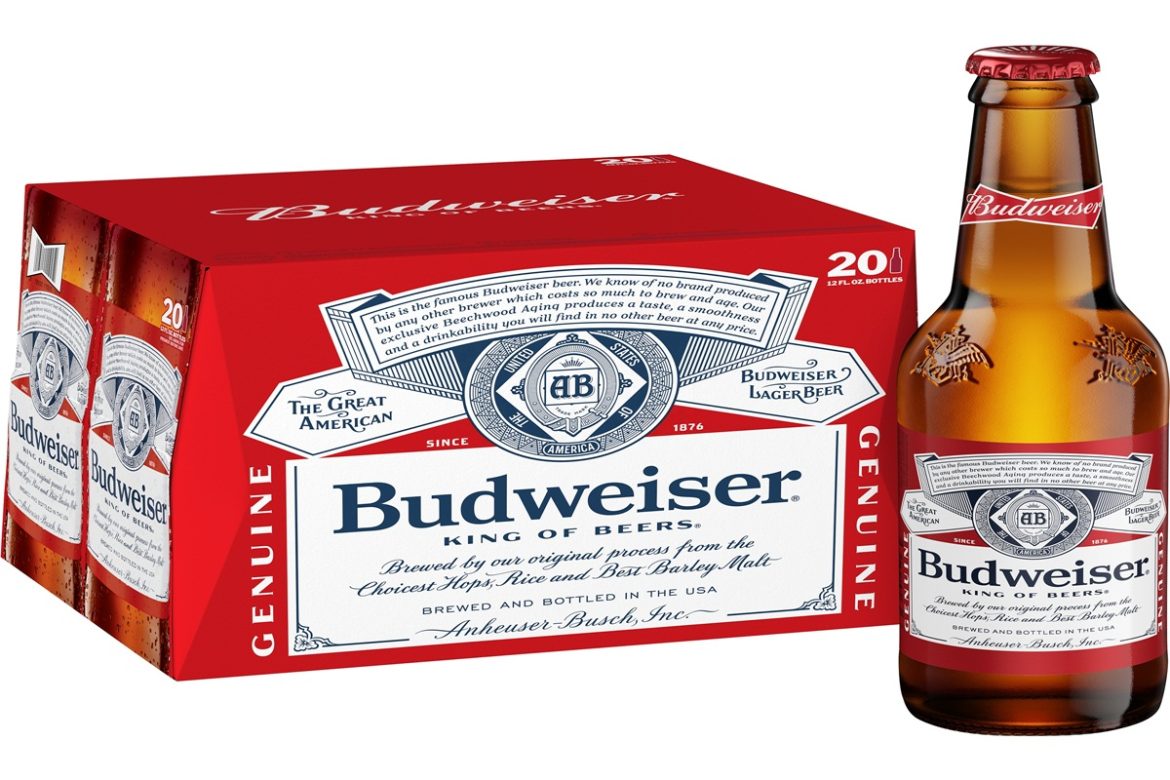Qatar banned beer sales around the eight World Cup stadiums in a stunning policy U-turn, despite Budweiser being one of the event’s sponsors. So, what happens to all of the extra beer? The brand, on the other hand, decided to put the extra beverages to good use.
“New Day, New Tweet. Winning country gets the Buds. Who will get them?” Budweiser tweeted.
The World Football Federation stated that the decision was made after “discussions” with the World Cup hosts, an Islamic state that severely restricts alcohol consumption.
It gave no reason for the unexpected decision, but media reports said Qatar’s ruling family intervened.
Meanwhile, according to Fox Sports, FIFA could face a $70 million hit as a result of the beer ban. For this World Cup, the brand has a deal with FIFA worth approximately A$112 million. Budweiser also has a deal worth up to A$170 million for the 2026 World Cup.
Qatar has spent tens of billions of dollars preparing for the World Cup and expects over one million fans to visit the country during the 29-day event.
However, its stringent cultural rules have drawn international attention.
Budweiser said Friday that restrictions at World Cup matches were “beyond our control,” after FIFA and host nation Qatar announced beer sales around stadiums would not go ahead.
As partners of football’s world governing body “for over three decades, we look forward to our activations of FIFA World Cup campaigns around the world to celebrate football with our consumers,” a spokesperson for AB InBev, the world’s largest brewer, said in a statement.



